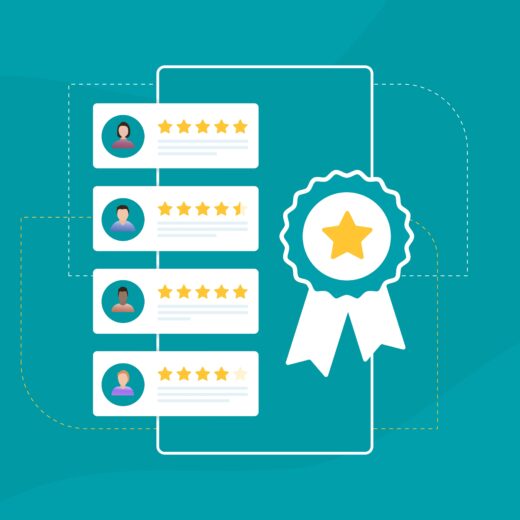The Google Policy That Prevents School Reviews: A Closer Look

In today’s digital age, online reviews have become an essential aspect of decision-making for individuals and businesses alike. People turn to platforms like Google to share their experiences and read others’ opinions before making choices, whether it’s about purchasing a product, selecting a restaurant, or choosing a service provider. However, there’s one sector where Google’s policy differs significantly: schools.
Understanding Google’s Policy
Google’s policy that prevents school reviews was originally rolled out in 2019 but was not enforced particularly well and only sporadically within certain categories of schools. However, it seems now that Google is getting more serious about this policy. Some schools are still able to show their pre-policy reviews but are not able to collect more, while others have all of their reviews archived or completely hidden.
While it seems puzzling at first, this stems from several considerations and concerns unique to the educational landscape.
Privacy and Safety
One of the primary reasons behind this policy is privacy and safety. Schools, especially those catering to young students, need to maintain a secure and confidential environment. Allowing reviews, especially anonymous ones, could potentially lead to privacy breaches or the exposure of sensitive information about students and staff. Google, in an effort to protect privacy, has chosen to restrict school reviews.
Avoiding Online Harassment
The online world can be a harsh and unfiltered space, and schools want to shield their students and staff from potential harassment or bullying through negative reviews. Google’s policy helps mitigate the risk of malicious intent or false information being published about schools.
Complex Nature of Educational Institutions
Schools are complex institutions with multiple stakeholders, including students, parents, teachers, and administrators. Reviews can be subjective, and what one person views positively, another may perceive differently. Allowing reviews for schools could create a platform for disputes and conflicts that are better addressed through direct communication with the school.
Protecting Vulnerable Individuals
Young students, in particular, are vulnerable to online influences. Allowing public reviews for schools could expose them to the negative effects of cyberbullying, peer pressure, or inappropriate content. Google’s policy aims to protect these young individuals from such harm.
Alternatives for Feedback
While Google’s policy prevents public reviews, it doesn’t mean that parents and students have no means of providing feedback or expressing concerns. Educational institutions often have established channels for communication, such as parent-teacher associations, meetings, surveys, and direct contact with administrators and teachers. These avenues provide a controlled and constructive environment for addressing issues and improving the educational experience.
So, although this policy that prevents school reviews may appear unusual in the context of our review-driven world, it is rooted in the need to protect the privacy, safety, and well-being of students and staff in educational institutions. While online reviews can be valuable in many sectors, schools have opted for alternative means of feedback and communication to ensure a positive and secure learning environment. Please get in touch if you require more support or suggestions on how else to encourage feedback for your school.







